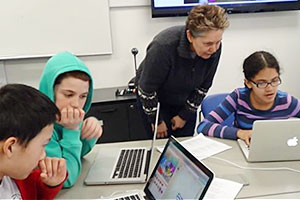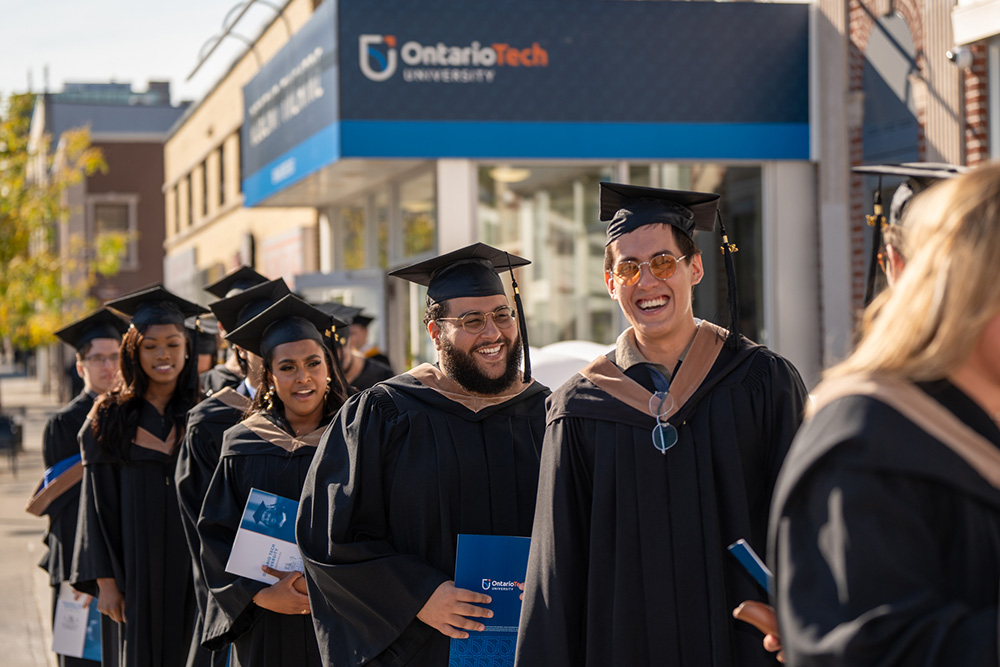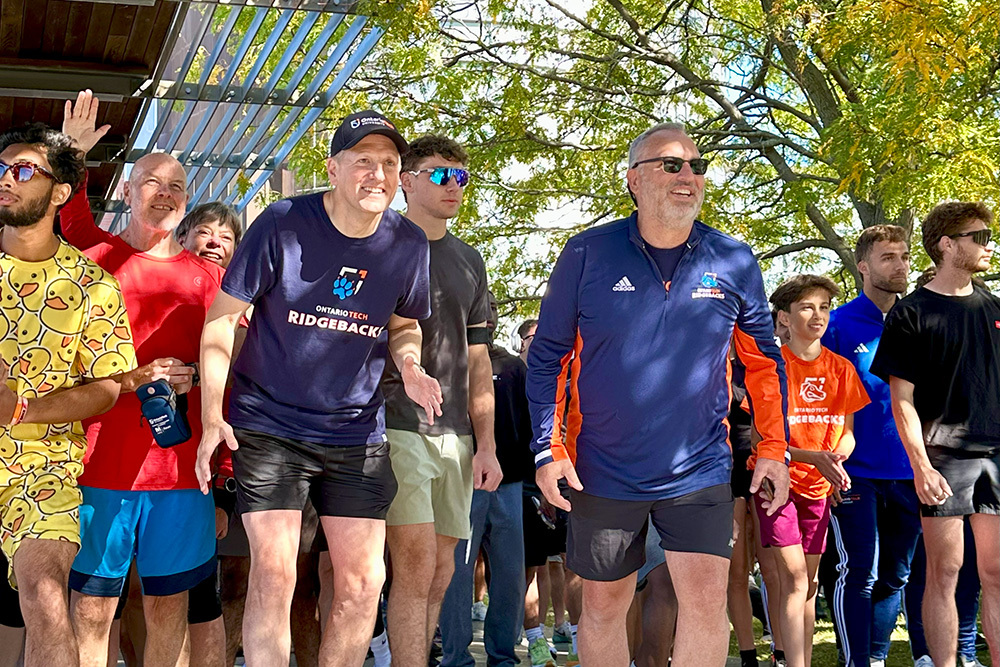FEd hosts workshops for teacher candidates
November 21, 2014

On Friday, November 21, the Faculty of Education (FEd) is hosting workshops for teacher candidates on the topics of Bansho teaching strategy and educational coding, Undergraduate students who are interested in FEd’s Connected program* are also invited to attend.
The workshops are part of a series of events that will be held each Friday of the Bachelor of Education (BEd) academic year. All workshops will be held in the Education Building.
Workshop details:
Bansho: Provoking collective knowledge production
- Guest speaker: Dr. Kathy Kubota-Zarivnij, Mathematics Program Co-ordinator, K-12; Teacher Educator; Past President, Ontario Association for Mathematics Educators (OAME); and Co-editor of education research publication Abacus.
Dr. Kubota-Zarivnij will discuss how the Bansho teaching strategy can help teachers:
- Build success criteria from students’ work
- Create anchor charts for conceptual development
- Differentiate instruction
- Value student thinking
Educational coding
- Workshop leader: Laura Morrison, Sessional Lecturer, FEd
Morrison will discuss how teaching coding to students can:
- Engage and empower 21st-century learners
- Help them develop creative, technical and practical skills
- Contribute to the development of strategies and pedagogy (the thinking and practice associated with teaching).
For workshop times and locations, see the event poster.
*About the Connected program
The Connected program offers a new and exciting way to connect undergraduates in faculties such as Science and Health Sciences with FEd so they can explore the possibilities of careers in teaching and education. Students in years 1 through 4 are eligible to register for the program.
To find out more about the Connected program, contact a BEd Academic Advisor or Dr. Wendy Barber, BEd Program Director.



